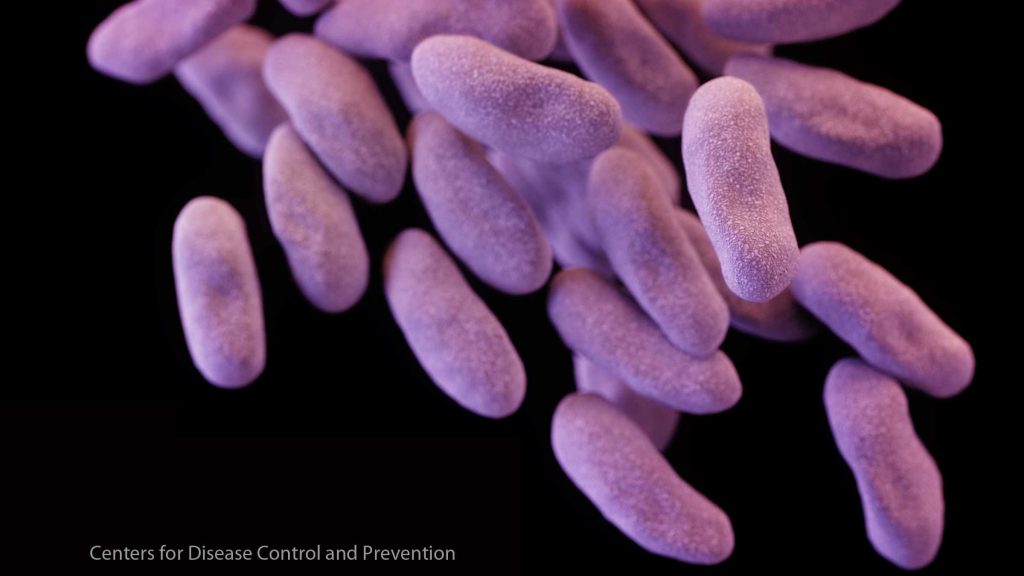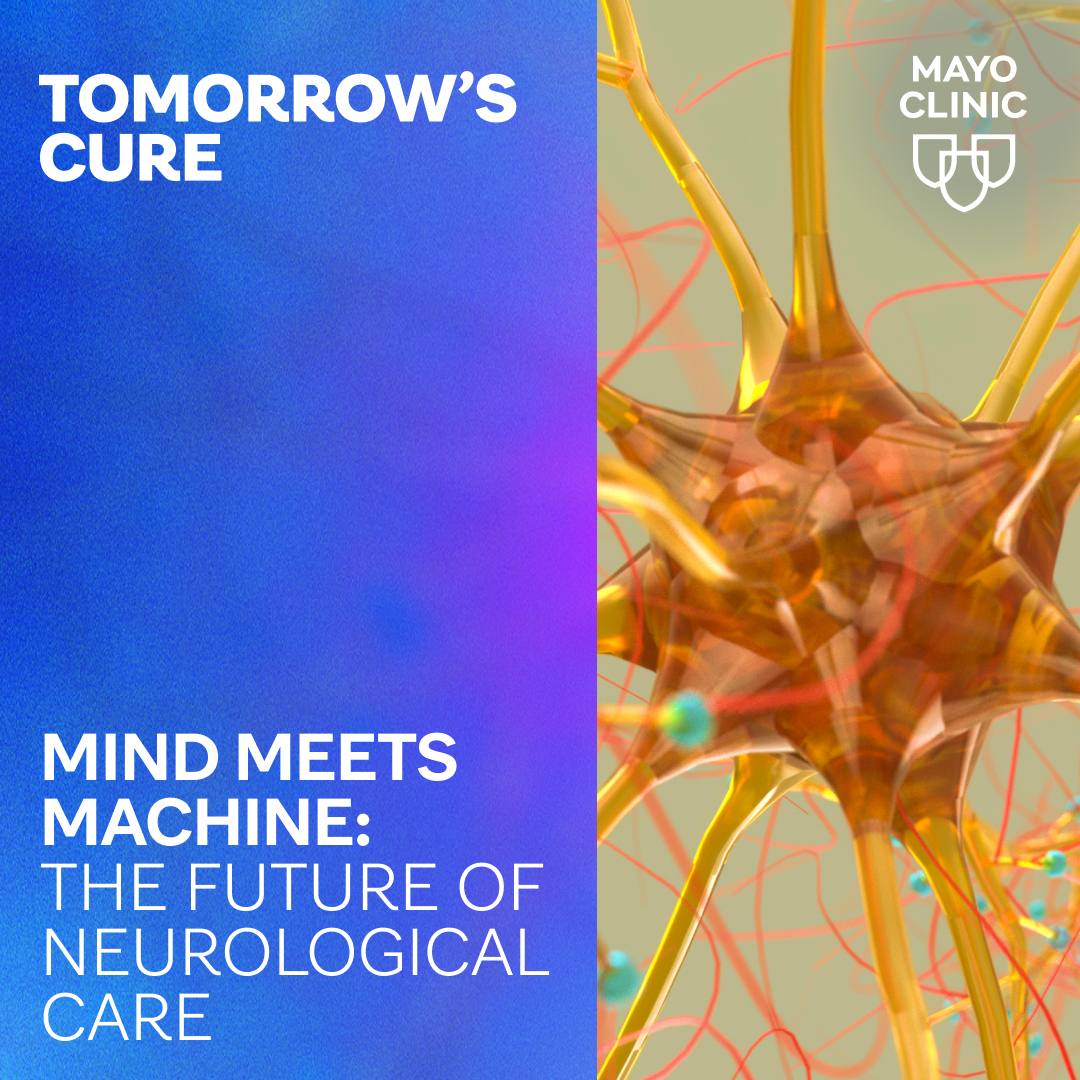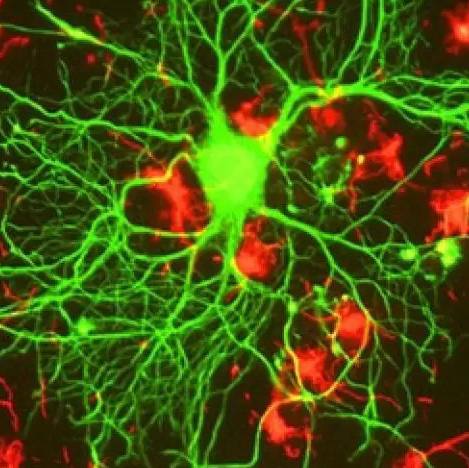-
Antibiotic-resistant Superbug in U.S.
 The gene that makes bacteria highly resistant to a last-resort class of antibiotics is in the U.S. A report published in Antimicrobial Agents and Chemotherapy says the colistin-resistant mcr-1 E. coli has been discovered in a woman in Pennsylvania. Colistin, introduced in the 1950s, is used to treat multidrug resistant bacterial infections known as carbapenem-resistant Enterobacteriaceae (CRE).
The gene that makes bacteria highly resistant to a last-resort class of antibiotics is in the U.S. A report published in Antimicrobial Agents and Chemotherapy says the colistin-resistant mcr-1 E. coli has been discovered in a woman in Pennsylvania. Colistin, introduced in the 1950s, is used to treat multidrug resistant bacterial infections known as carbapenem-resistant Enterobacteriaceae (CRE).
The U.S. Department of Health and Human Services (HHS) says a coordinated public health response is underway to try to prevent its spread. In its blog, HHS states, "Although the findings suggest that mcr-1-mediated colistin resistance might be rare, HHS and USDA remind consumers that cooking all meat, poultry and fish to its proper internal temperature kills bacteria, viruses and other foodborne pathogens, whether or not they are antibiotic-resistant."
Mayo Clinic infectious diseases specialist Dr. Pritish Tosh says, “The issues we are encountering regarding antibiotic resistant organisms continue to worsen, in large part are due to inappropriate use of antibiotics in the hospital and in outpatient settings. There are several situations, such as viral upper respiratory infections, where we see a lot of antibiotic overuse, in some part due to the expectations from patients to be given an antibiotic. To combat the ongoing problems of antibiotic resistance, physicians have to change their prescribing habits, and patients need to change their expectations.”
Antibiotics, which are used to treat bacterial infections such as pneumonia, won't help viral illnesses, such as colds, flu and most sore throats. Mayo Clinic expert says antibiotic are important drugs; however, overuse of the drugs has led to antibiotic resistance.
Watch Dr. Pritish Tosh discuss the overuse of antibiotics:
Related post on the superbug:
Follow this link to learn more about the history of this superbug gene: Superbug Gene Outsmarts Antibiotic of Last Resort (Nov. 24, 2015)







